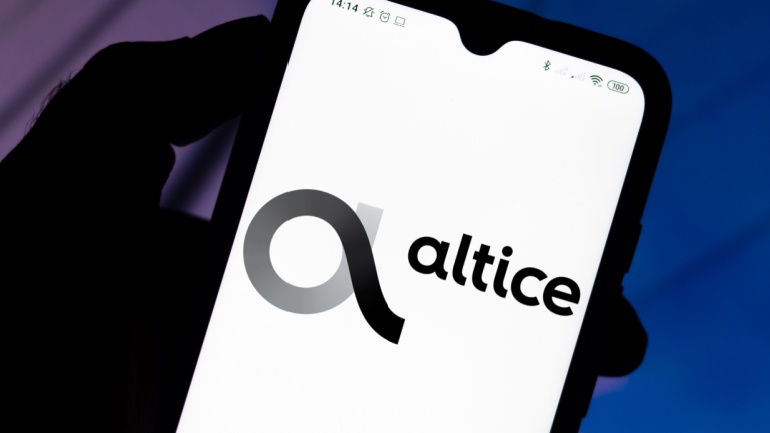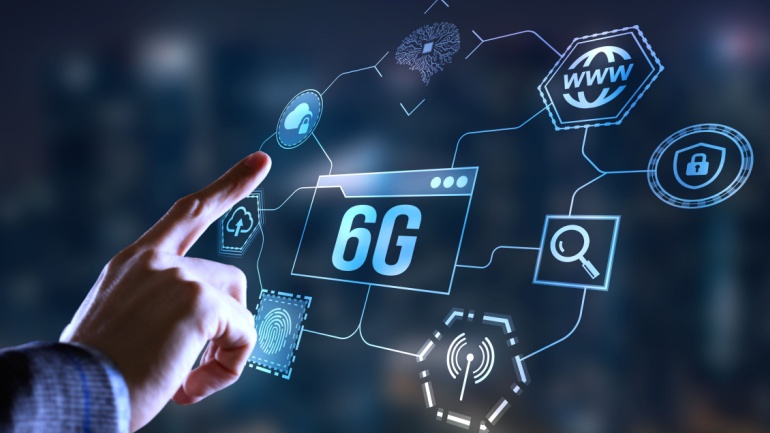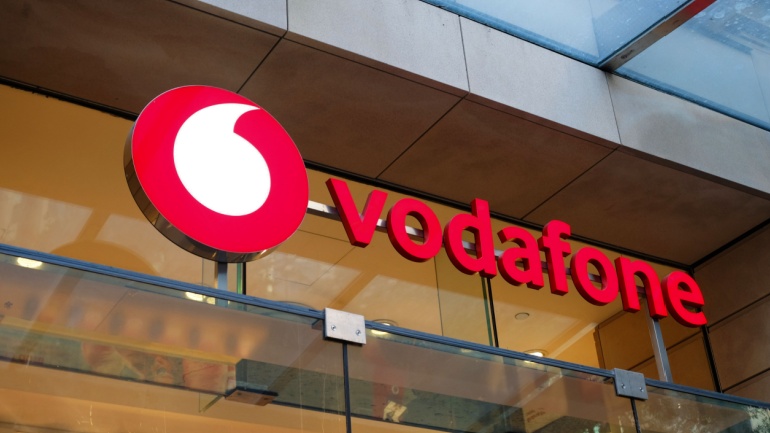Ericsson, the Swedish telecommunications equipment manufacturer, is bracing for another challenging year by announcing a new wave of job cuts within Sweden. The company has pointed to a constricted mobile networks market in 2024, driven by cautious customer spending and a continuation of the trend of reduced operator investment, which it had previously described as unsustainably low. Despite various analyst reports reinforcing this bleak outlook, Ericsson remains committed to its strategic goals but acknowledges the need for significant operational adjustments to navigate the current climate.
The Federal Communications Commission (FCC) has breathed new life into a stalled initiative aimed at extending 5G network coverage to America’s rural areas. The rejuvenated program, named the 5G Fund for Rural America, seeks to allocate $9 billion over the next decade to bring 5G connectivity to 14 million homes and businesses in regions currently overlooked by operators due to financial impracticalities.
In an ambitious move following its planned merger with Three UK, Vodafone has announced a significant enhancement of its network capabilities across Scotland, targeting a comprehensive deployment of 5G Standalone (SA) technology. By 2034, the telecom giant aims to cover 89% of Scotland with this advanced network, promising a substantial boost in national productivity valued at approximately £9 billion by the end of the decade.
Enreach, Europe’s leading provider of converged contact solutions, announced that it has expanded its Voice for Microsoft Teams features to customers in 80 countries. The extension is the result of Enreach’s partnership with SIPPIO, which delivers Microsoft Teams services to customers around the world.
A recent study by Ericsson and Juniper Research reveals significant growth prospects for the mobile financial services (MFS) sector, forecasting a surge in user engagement and transaction values by 2028. The analysis suggests a shift towards a more diverse offering in mobile money services, predicting that 40% of mobile subscribers will utilize these services by 2028, a notable increase from the current 29%.
SmartCIC, a global managed service provider has appointed Johnatan Santana as its Head of Carrier Wholesale and Reina Borjas as Senior Sales Manager. SmartCIC is making strategic investments in talent by building out its international wholesale connectivity team to support growing demand for end-to-end ‘through the line’ solutions and its approach to connectivity.
In a significant move aimed at reducing its hefty debt, Altice has decided to offload its French media operations to the maritime giant CMA CGM for €1.55 billion. The deal, structured as a cash transaction, sees CMA CGM acquiring an 80% share, while the remaining 20% goes to Merit France, a holding company related to the shipping group. This strategic sale encompasses Altice Media, the parent company of the well-regarded news channel BFM and RMC, a radio broadcaster.
Nvidia is setting its sights on a more significant role within the mobile networking sphere, particularly in the emerging field of 6G technology. At its annual GTC AI event, the company unveiled its ambitious 6G Research Cloud Platform, positioning itself as a key player in the next evolution of mobile technology. This initiative is designed to leverage Nvidia’s expertise in chips and AI, demonstrating its capabilities beyond the realm of 5G.
The global enthusiasm for artificial intelligence (AI) is set to significantly boost spending in edge computing infrastructure and services, with projections from IDC indicating a jump to $232 billion this year, marking a 15.4% increase from the previous year. This surge reflects the growing demand for technologies that facilitate faster and more efficient data processing closer to the source of data generation.
In a notable development, Vodafone has agreed to sell its operations in Italy to Swisscom, the Swiss telecommunications giant, for €8 billion, marking a significant shift in its business strategy. This sale is part of a broader effort by Vodafone to restructure its operations across Europe, aiming for a stronger, more focused presence in growing markets.













